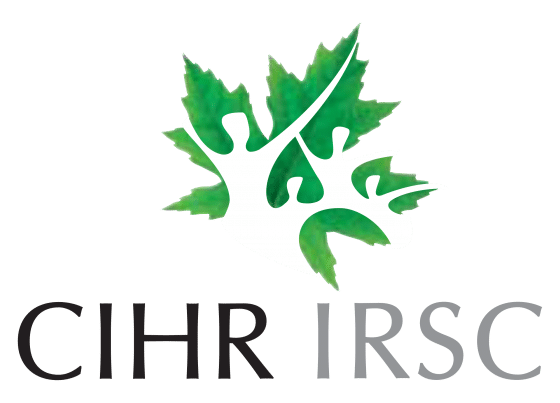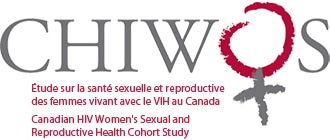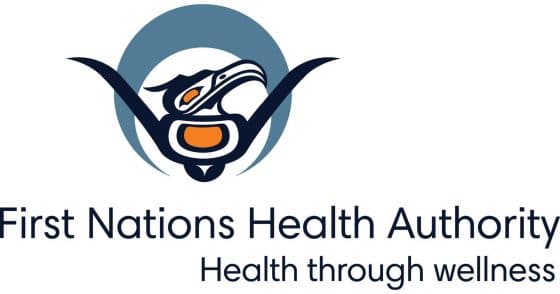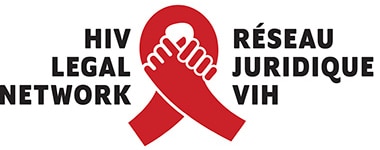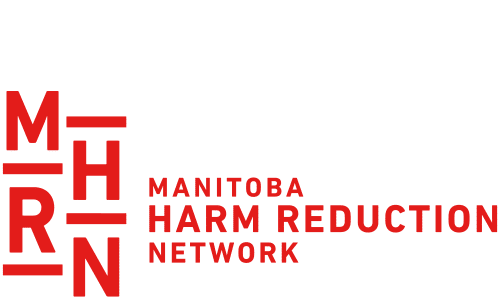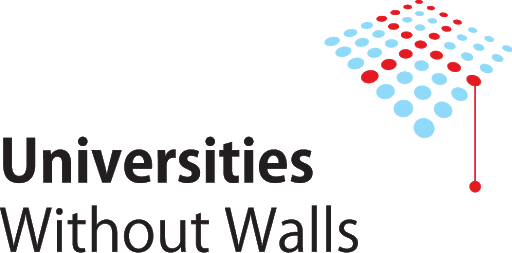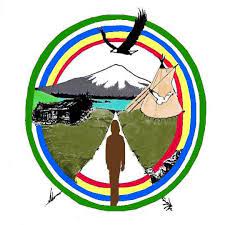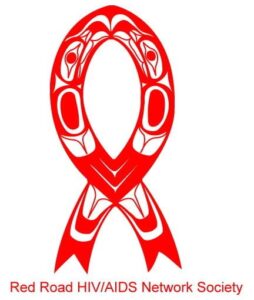
The AHA Centre

The AHA Centre is a national, Indigenous-led collaborative research centrehoused at CAAN.
Funded by The Canadian Institutes of Health Research in 2012, The AHA Centre supports HIV and AIDS Community-Based research (CBR) conducted in First Nations, Inuit and Métis communities across Canada.
CBR is an approach to research where the needs and well-being of a community are at the core. CBR is engaged with the intention topartnerwith community members in order to gain a full scope perspective of an issue with the goal of providing results that will help a community to make decisions and implement change.
For the AHA Centre, CBR is an approach to research that ensures:
- culturally responsive, community-based HIV and determinants of health research;
- strong foundations for community leadership;
- research projects that are relevant to our communities;
- meaningful engagement of people living with HIV and Indigenous communities; and
- research findings that inform action.
With a leadership team of highly respected Indigenous (and allied) community members, researchers, Elders and Knowledge Keepers, the AHA Centre has an exceptional track record of working in a good way with First Nations, Inuit and Métis communities, and demonstrating integrity that is expected by both community and academia. We have partnered with and supported many research projects and teams and contributed to regional, national and international HIV conferences and gatherings.
What is a collaborative centre?
The overall objectives of the funding for the CBR Centre is to:
- Support, evolve and expand the collaborative work between existing HIV/AIDS national structures with regional and/or provincial HIV/AIDS Community Based Organizations and researchers in order to foster the national coordination of HIV/AIDS Community Based Research efforts;
- Provide infrastructure support to position HIV/AIDS community organizations and academic teams to develop strategic research programs that succeed in securing research funding through other opportunities; and
- Promote the creation, and its translation, of new knowledge that is relevant to communities and to the goals of the Federal Initiative and advance the uptake of research and evidence into action so that it may positively impact the response of community-based organizations to the HIV/AIDS epidemic.
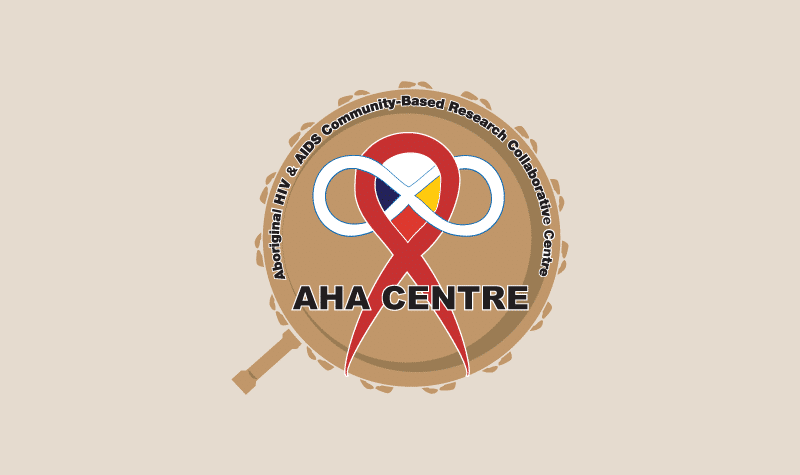
In loving memory of our Elder Cliff Thomas.
“we will miss your smiling voice…”
Our Mission & Vision
The AHA Centre builds capacity in and supports culturally-responsive community-based HIV and determinants of health research through meaningful engagement with First Nations, Inuit and Métis Peoples living with HIV, communities, researchers and policymakers while utilizing knowledge translation to inform evidence-driven action.
We envision a network of institutions, communities and individuals working together for excellence in community-based research, culturally responsive approaches, and action-oriented solutions to HIV and AIDS affecting First Nations, Inuit and Métis Peoples in Canada.

Our History
2012-2017
The Aboriginal* HIV and AIDS Community-Based Research Collaborative Centre (AHA Centre) was established July 01, 2012 to unite the Aboriginal Health and HIV research communities in response to HIV and AIDS among Aboriginal Peoples in Canada. Housed at CAAN Communities, Alliances & Networks, formerly the Canadian Aboriginal AIDS Network (CAAN), the Centre drew on an established ‘networks of networks’. The AHA Centre’s goal was to reach across disciplinary and cultural boundaries to integrate Aboriginal research agendas in an intersectoral and interdisciplinary environment.
The cornerstones of the Centre were information exchange, infrastructure support and research development, capacity building and innovative Knowledge-to-Action. Within a collaborative framework that foregrounded Indigenous Knowledges, community-based research (CBR) initiatives were supported through capacity building and access to expertise. From the outset, the Aboriginal and HIV and AIDS communities were directly engaged in every aspect of the Centre. This CAAN-led Centre united a team of 55 Knowledge Users, Investigators and Collaborators and 29 supporters from Canada, the US, New Zealand and Australia in a strategic response to HIV and AIDS-related issues that are relevant to Indigenous* Peoples in Canada and international Indigenous populations.
The AHA Centre evolved from the previous CIHR Community-Based Research Facilitator in HIV/AIDS (CBRF) program and was guided by CBR principles. Grounded in Indigenous and decolonizing methodologies as well as rights, strengths and action-based inquiry, the AHA Centre offered support to anyone interested in conducting community-based research on HIV and AIDS by, with and for the Indigenous community in Canada.
The objectives of the AHA Centre (2012 – 2017) were to:
- Provide and cultivate leadership
- Sustain existing and new partnerships
- Expand the scope of current research
- Enhance the specificity of HIV & AIDS research
- Advance reciprocal capacity building
- Produce and disseminate materials for Knowledge Translation to Action
- Support members, stakeholders, and partners to secure funding
- *Build the Centre’s visibility
- *Create a Centre that is sustainable
*Objectives 8 and 9 were added as we developed our strategic plan for the Centre.
Between 2012 and 2017, the AHA Centre has:
- supported research initiatives affecting and involving Aboriginal People living with HIV and AIDS (APHAs) on a wide range of topics ranging from Indigenous research methods, the development of qualitative research questions to engagement in quantitative epidemiology and basic science research projects, (44 grants supported).
- supported research team members to engage with each other;
- led research initiatives regarding methodology, evaluation, linking policy and practice through the TRC, developing and informing new models for Indigenous Knowledge Translation (KT);
- contributed to capacity building through mentorship (of community members, academic and community researchers, students and staff at organizations);
- offered workshops that teach about CBR, Indigenous methodologies, grants crafting, building effective research teams, where to apply for research funds and research ethics, for example;
- created and sustained partnerships with academic and community researchers, Aboriginal and Mainstream AIDS Service Organizations, NGOS and policy makers across the country; and
- supported KT activities and products produced by organizations external to CAAN and the AHA Centre, including four Volumes (17 articles in total) of the Canadian Journal of Aboriginal Community-Based Research (CJACBR). The AHA Centre has also hosted two highly evaluated Wise Practices Gatherings (Saskatoon, Saskatchewan, 2013 and Vancouver, British Columbia, 2015).
- administered funds to three research projects through our Research Proposal Development Program (RPDP), which allows communities to apply for up to $5,000 to fund CBR proposal development for local, regional and national-level community-based, multi-disciplinary, intersectoral HIV research projects. Three proposals were funded 2012-2017:
- Shohan Illsley (NPI) Remote Control: Building on Capacity To Implement Community-Based Research in Rural, Northern, And Remote Communities in Manitoba
- Dr. Patti Spittal (NPI) The Cedar Project Partnership: Preparing to meaningfully respond to HCV infection among Indigenous people who use drugs in Vancouver and Prince George, BC
- Raye St. Denys (NPI) HIV, Aging and Mental Health in Métis People in Alberta
For more information on the AHA Centre (2012 – 2017) please see the recording of our end of grant webinar, July 05, 2017.
*The terms Aboriginal and Indigenous will be used interchangeably to be inclusive of First Nations, Inuit and Métis Peoples in Canada. This reflects on-going community debate pertaining to issues surrounding identity and the language relevant to our history, fiduciary relationships and International ties.
2018-NOW
Renewal of the AHA Centre as a virtual Centre is reflected in the descriptor “2.0”. The Vision and Mission of the Centre have been updated and narrowed through application of our recent evaluation findings and the experiences of the team. As a collaborative, the AHA Centre 2.0 is poised to be more effective and maximize the investments available in Indigenous health research and HIV/AIDS research specifically, and to draw even more community and academic leaders into research in both underdeveloped and highly engaged regions.
VISION: We envision a network of institutions, communities and individuals working together for
excellence in community-based research, culturally-responsive approaches, and action-oriented solutions to HIV and AIDS affecting First Nations, Inuit and Métis Peoples in Canada.
MISSION: The AHA Centre builds capacity in and supports culturally-responsive community-based HIV and determinants of health research through meaningful engagement with First Nations, Inuit and Métis Peoples living with HIV, communities, researchers and policy makers while utilizing knowledge translation to inform evidence-driven action.
The Vision and Mission will be achieved through five objectives and related activities, which will address the following:
- Indigenous Ways of Knowing and Doing: Continue to entrench, model, and implement
Indigenous ways of knowing and doing within the AHA Centre’s governance and activities.
- Communications: Link stakeholders together and circulate information regarding researchers’ work, resources, funding opportunities and events of relevance to community-based HIV research in Indigenous contexts.
- Knowledge Translation: Promote and support the translation of research evidence into culturally responsive and accessible formats.
- Partnerships: Facilitate and support partnerships among AHA Centre stakeholders and between external partners and stakeholders.
- Support/Mentorship: Identify and enhance community-based research capacities within Indigenous and academic communities through financial support, reciprocal mentorship and training.
The AHA Centre 2.0 is poised to be clearly focused on achieving excellence with and for our community and team, specifically.
With a small, but mighty staff of two full time and one part time positions—we have hosted four Wise Practices Gatherings (Saskatoon, 2013; Vancouver, 2015; Calgary, 2017 and Montreal, 2019), published 9 volumes (37 peer reviewed articles) of the Journal of Indigenous HIV Research (JIHR), hosted countless workshops, supported many Indigenous People living with HIV and AIDS IPHAs, students and community organizations along their CBR journeys, presented at local, regional, national and international conferences and so much more! As of May 2021, there are approximately 15 months left in our second funding cycle. AHA Centre Co-directors, staff and Governing Council aim to keep the work moving forward until then as we continue to support our community.
We feel we would be remiss to not point out that Community-Based Research in Indigenous communities and the number of stakeholders is considerably smaller when compared to mainstream HIV CBR research. Simply put, there is a distrust of research within many Indigenous communities. This effectively means that there are fewer players, fewer grant applications being submitted to CIHR’s Indigenous Stream than Mainstream applications, and fewer students and allied researchers who work in the field. Even a small increase in the number of grant submissions to CIHR’s Indigenous Stream means that the number of people who are participating in research for the first time represents an enormous victory for us. A victory that tells us that we have been successful in demystified research among some communities—that we have promoted, encouraged and built capacity among IPHAs, students, freshly minted Indigenous PhDs, community members and service providers.

OUR FUNDERS & PARTNERS
We raise our hands in gratitude to our funders and research partners. The work the AHA Centre does in support of First Nations, Inuit and Métis communities across the land would not be possible without the support from you.
OUR FUNDERS
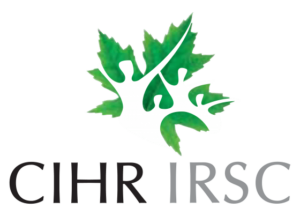

OUR PARTNERS

